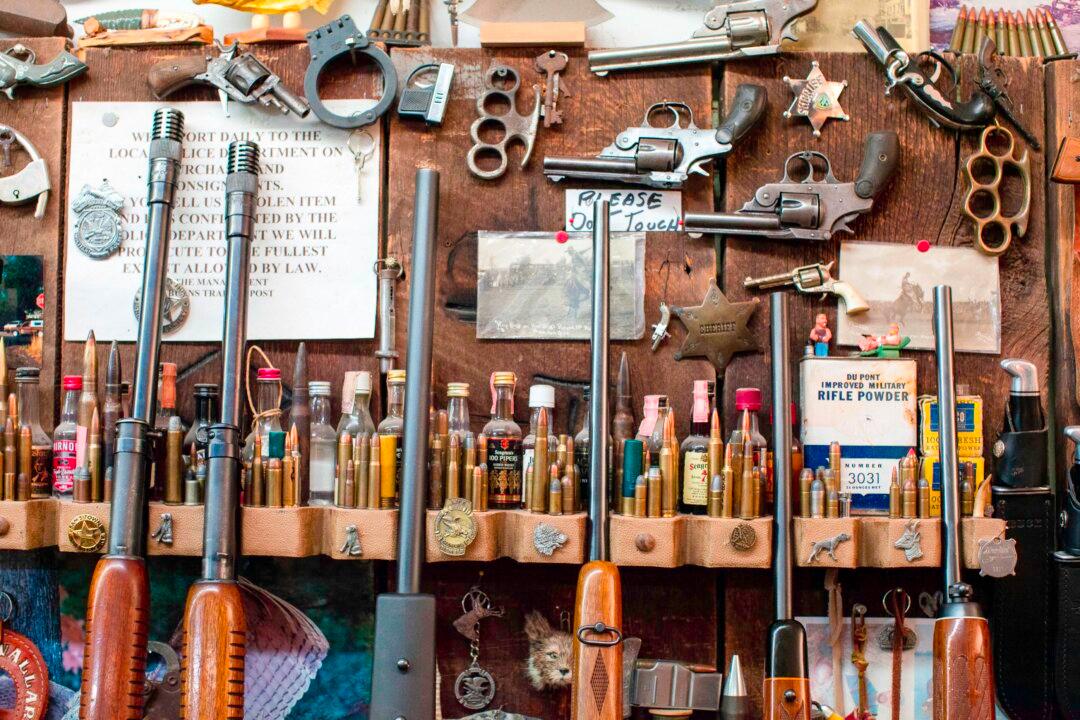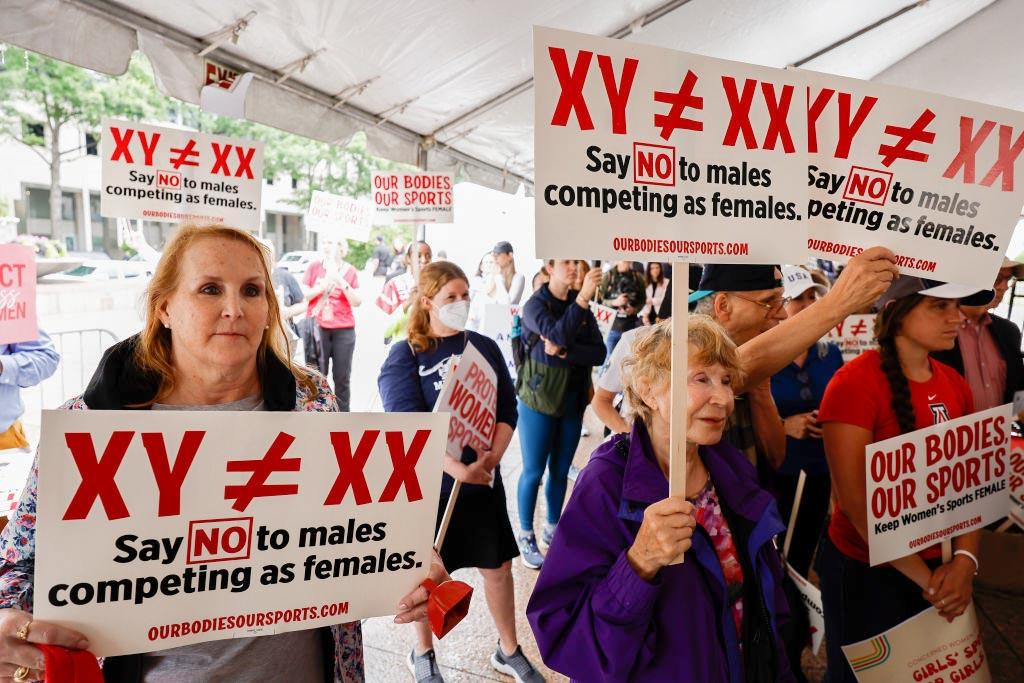Gun sales have skyrocketed in Oregon since the narrow passage of a strict gun control measure in last week’s midterm election.
As gun sellers scramble to fill orders before the rule change on Dec. 8, opponents are planning to file suit against what they call the most restrictive gun control measure in the country. Several sheriffs around the state have vowed not to enforce the new legislation.





